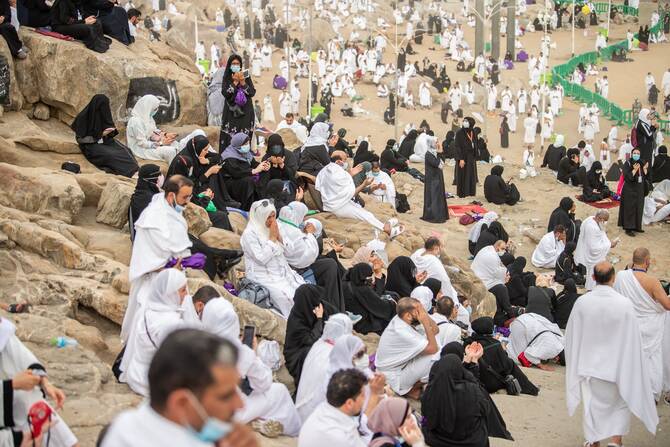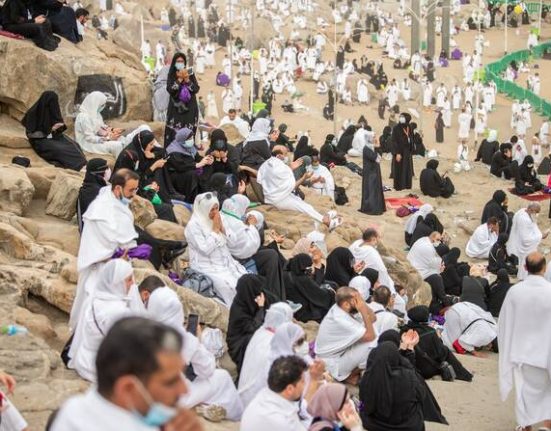In a renewed effort to strengthen transparency and maintain the sanctity of Hajj operations ahead of the 2026 pilgrimage, Saudi officials have declared their firm stance on rooting out corruption within the Ministry of Hajj and Umrah. The statement comes as part of broader reforms being implemented to enhance the efficiency, integrity, and global reputation of the kingdom’s management of the annual Islamic pilgrimage.
According to a senior official who spoke on condition of anonymity but is closely linked with the Ministry’s internal affairs, the goal is to ensure that no individual with a history of corrupt practices or unethical conduct is allowed into any level of service within the Ministry. “We want to ensure that everyone entering the Ministry of Hajj has no history of corruption,” the official firmly stated, underscoring the seriousness with which the Saudi government is approaching internal accountability.
This declaration aligns with the kingdom’s ongoing Vision 2030 reform agenda, which includes the digitisation and modernisation of the Hajj process, better crowd control, and improved services for millions of pilgrims from around the world. By strengthening internal vetting procedures, the authorities hope to eliminate the kind of administrative inefficiencies and malpractices that have, in some cases, marred past Hajj operations.
Saudi Arabia’s Ministry of Hajj and Umrah has in recent years expanded its cooperation with international Hajj commissions and religious boards, including Nigeria’s National Hajj Commission (NAHCON), to ensure that all arrangements meet international standards. With Hajj 2026 drawing closer, the Saudi government is keen to maintain high ethical standards among all personnel involved—from visa processing to on-ground logistics and medical care in the holy sites of Makkah and Madinah.
As millions prepare for the next edition of the sacred pilgrimage, the emphasis on transparency and good governance is being seen as a positive step toward ensuring a smoother, more spiritually enriching experience for all pilgrims.

